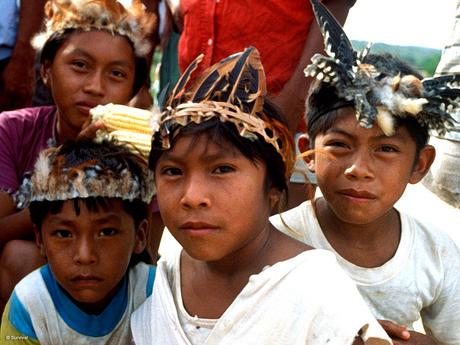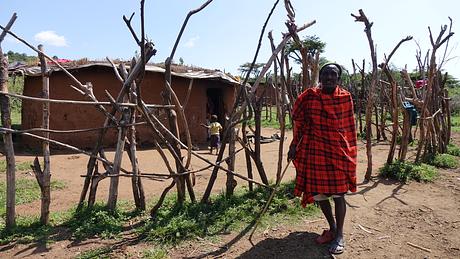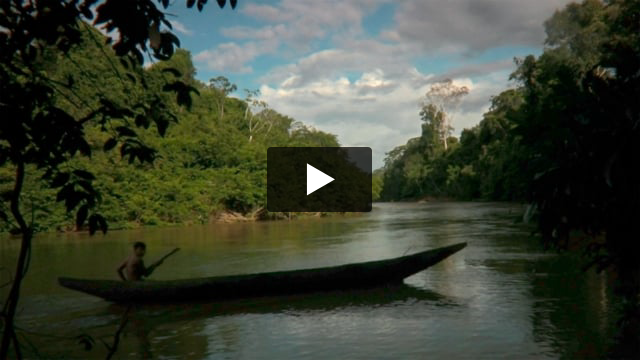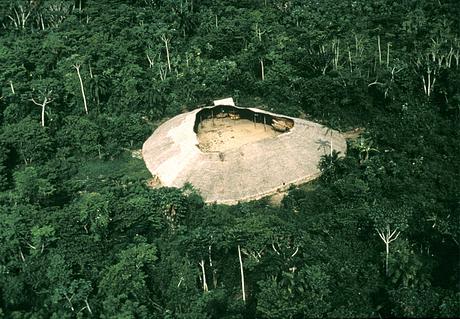Survival calls on Obama to support the UN Declaration on Indigenous rights
December 15, 2010

This page was last updated in 2010 and may contain language which is now outdated.
To mark tomorrow’s opening of the White House Tribal Nations Conference, Survival has called on President Obama to support the UN Declaration on the rights of Indigenous peoples. The United States is the only country in the world that still opposes the Declaration.
Across the globe Indigenous peoples have been marginalized, dispossessed and discriminated against, with devastating consequences. In the United States, a Native American is 62% more likely to commit suicide than the general population and 600 times more likely to contract tuberculosis (UN figures).
When the UN Declaration was adopted in 2007, only four countries opposed it – Australia, New Zealand, Canada and the United States. Three of these have now supported the Declaration, with the United States alone still objecting.
In a letter, Survival’s US coordinator Tess Thackara told President Obama, ‘The Declaration sets a benchmark against which the treatment of tribal peoples can be judged. It is an important instrument in eradicating abuse of tribal peoples, but the United States risks undermining these hard-won and vital rights.’
Despite its value, the UN Declaration remains ‘aspirational’, because it is not legally binding. Survival is campaigning for all countries to ratify the International Labour Organization Convention 169 on tribal peoples, the only international instrument for tribal peoples that is legally binding. To date only twenty two countries have ratified ILO 169.




